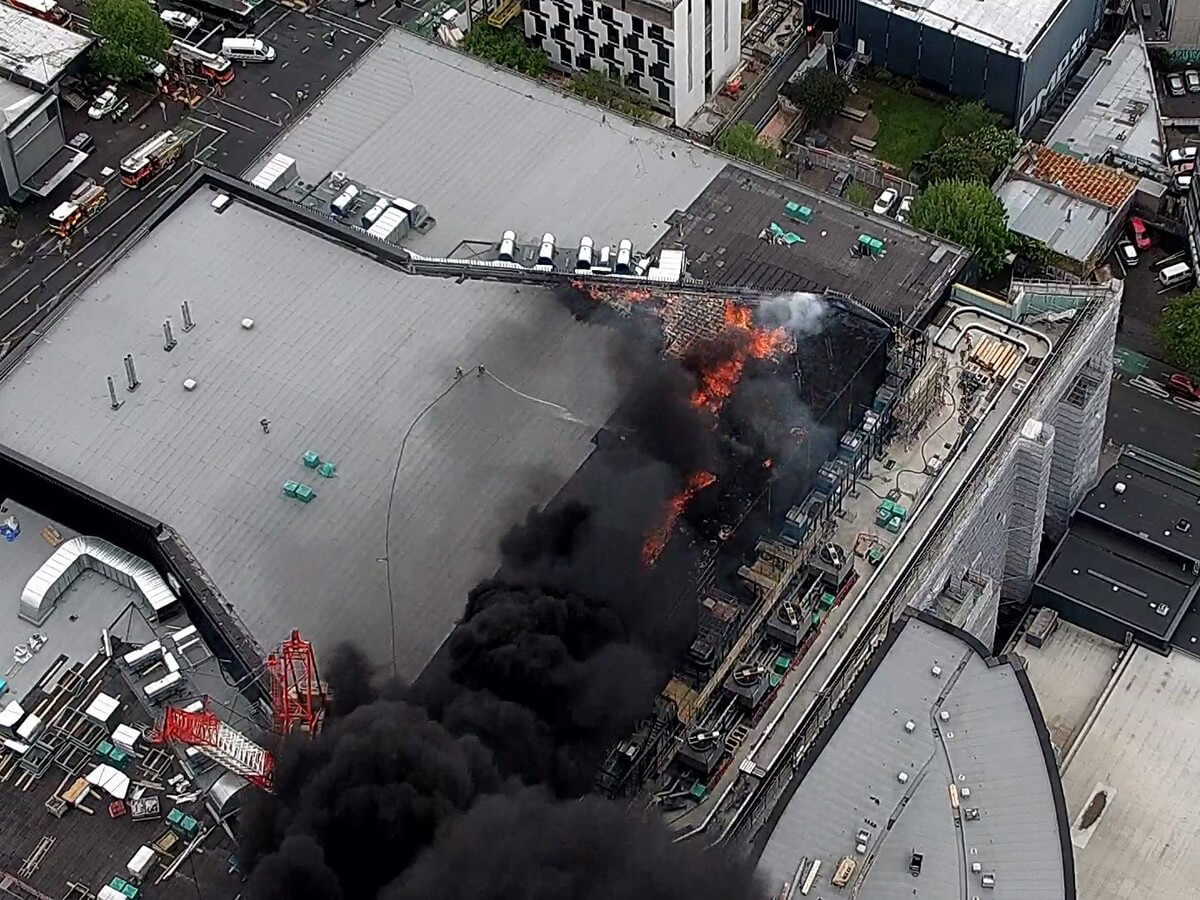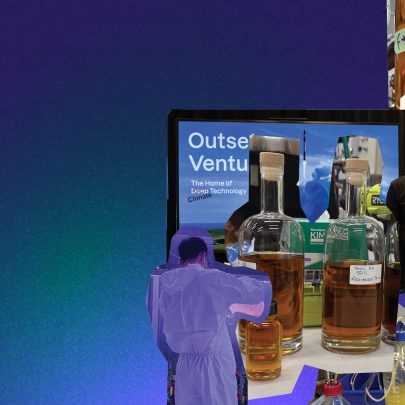Oct 24, 2019 Business
As the SkyCity convention centre fire continues burning, the tradespeople who worked on it will be feeling the impact the most. Shared with permission from Noted.co.nz.
?Heartbreak is the closest word to what the thousands of workers are feeling as their efforts on the New Zealand International Convention Centre go up in smoke. The massive building, one of the largest projects of its kind in New Zealand’s history, was the proud boast of Fletcher Building.
Fletchers are themselves an iconic New Zealand brand and despite recent financial difficulties, some of which are associated with the NZICC project, were best placed to deliver what will be a major asset for New Zealand, a chance for our South Pacific nation to attract events such as APEC to our shores, and all the jobs and livelihoods that come with them. Along with APEC, it could be that the 100-year old Fletchers now hangs in the balance, and the major expansion of SkyCity’s facilities delivered too late to save either of them.
Those working on the NZICC project up until yesterday’s fire, especially contractors to Fletchers and their subbies, are in an earthly purgatory becoming all too familiar to New Zealand’s construction industry. Being a subbie comes with a lot of benefits: being your own boss and having more of a say in the work that you take on, getting more of a return on your labour and skills built up over years of experience, and as a sole trader or limited liability company, the tax benefits those entities accrue. It also comes with significant risks, since you become completely dependent on your own ability to work and, ACC notwithstanding, potential calamity is just an accident away.
When that accident is not of your doing, the loss of income and work becomes all the more jarring. It is too early to speculate about the causes of the fire and the toxicity of the smoke from it, but the financial reality for subbies on the project can be quantified. The loss of income as a result of the fire is the most obvious: the scale and length of the NZICC project has meant a lot of other work has been turned down. Christchurch, a city for many subbies that has provided rich pickings of varied work on commercial and public buildings, being the main loser of subbies to northern projects in recent years. I personally know of one case where four subbies, working full-time on NZICC will most likely relocate to Dunedin for other work, since they know with certainty the work will be there for them.
Many subbies from outside of the Auckland region have relocated to the city temporarily and found semi-permanent accommodation, often signing up for rental agreements covering the project’s four-year time period from 2016 to 2020. There are also associated costs with long-term car parking for work vehicles, a cost that in Auckland’s CBD can be equal to an outer-suburbs flat for the week. The certainty of the work, while highly attractive on the surface, does not come without risks.
And then there’s the vexing issue of insurance for subbies’ tools. One of the risks with being a subbie is that you have to carry the cost and risk of your own tools. Most subbies insure their tools for significant amounts of money, at significant cost, in between work. I personally know of cases where subbies will have around $10,000 of equipment to do their work on site. In specialist roles such as hardware installation (installation of doors, handles and their locking systems) this can be as much as $20,000. Contractors often require subbies to have particular tools for jobs, regardless of whether they are actually used or not. Subbies store their tools on-site in lockers, engraving them and more recently putting tracking chips in them, as their loss or theft is catastrophic to their work.
The challenge for subbies on the NZICC project is that insurance on tools often does not cover lack of access to site. Insurers provide policies that only cover loss or theft of tools, coverage of other risks requires a big ratcheting up of insurance premiums many subbies cannot afford.
Even where insurance covers lack of access, it could be months before an insurance claim is processed. That means that many subbies will be borrowing or buying new tools out of their own pockets, in the hope their insurers will pay out. This is a painful problem where there’s a major incident or, as has often been the case in the construction industry recently, bankruptcy or liquidation of the primary contractor where subbies and other workers are locked out of site, invariably without access to their tools. There are plenty of stories around the industry of tools being uplifted on tip-offs that contractors are about to go under.
No such warning was available to subbies on the NZICC project. The usual process in a fire evacuation for projects such as these is that all workers on site must “dump and run”. Their tools are to be turned off and placed where they are not in anyone’s way. Workers are explicitly told not to take tools and other personal gear with them. This would have been drilled into all subbies on site. Health and safety quite rightly focuses on the preservation of life.
That is cold comfort for subbies now facing the prospect of loss of income and access to their income-generating tools and equipment. There is a human side to the story of the NZICC fire, alongside the brave work of our ambulance, fire and emergency services, that will do unknown damage to people’s livelihoods, especially subbies. In the rush to learn what caused the fire, and who is to blame for it, let’s not forget them and their families. There’s going to be a lot of heartbreak.
This article was originally published on Noted.co.nz and has been shared with permission.






